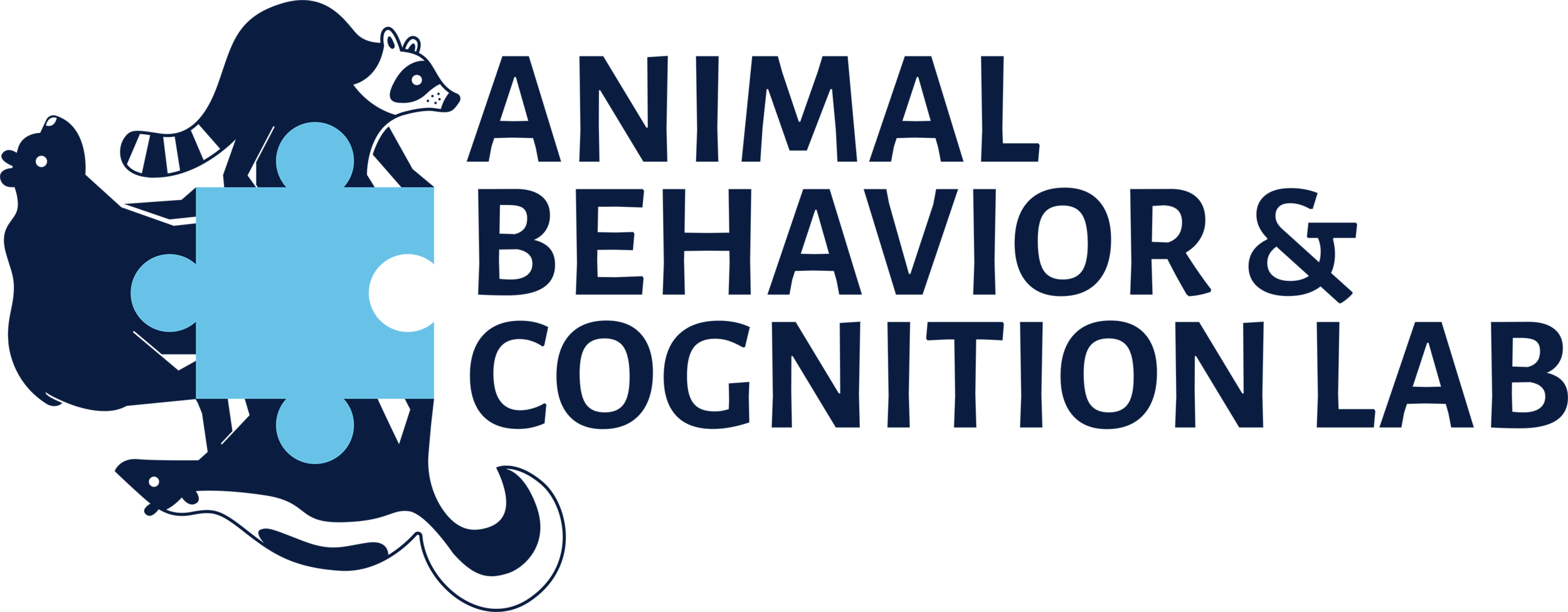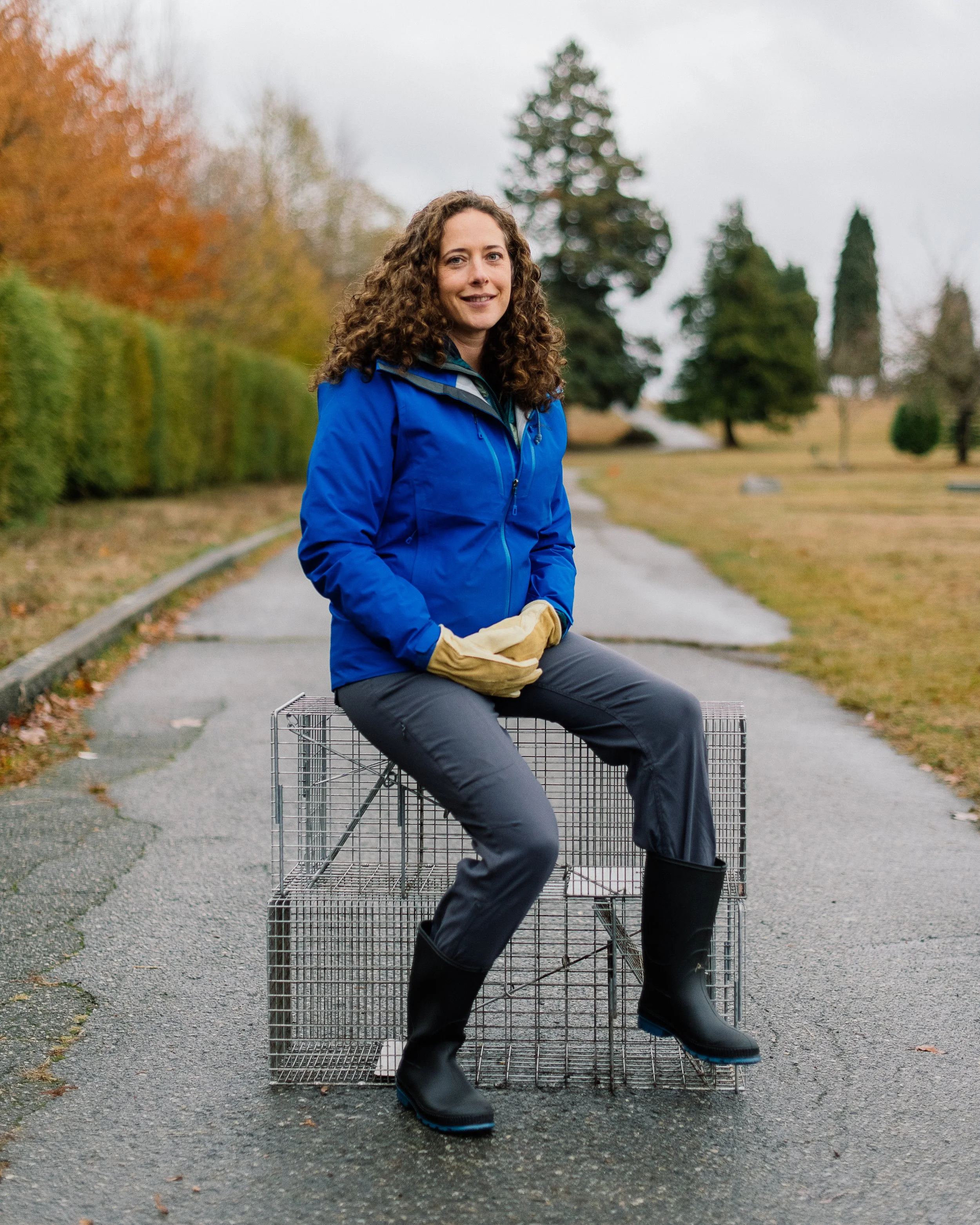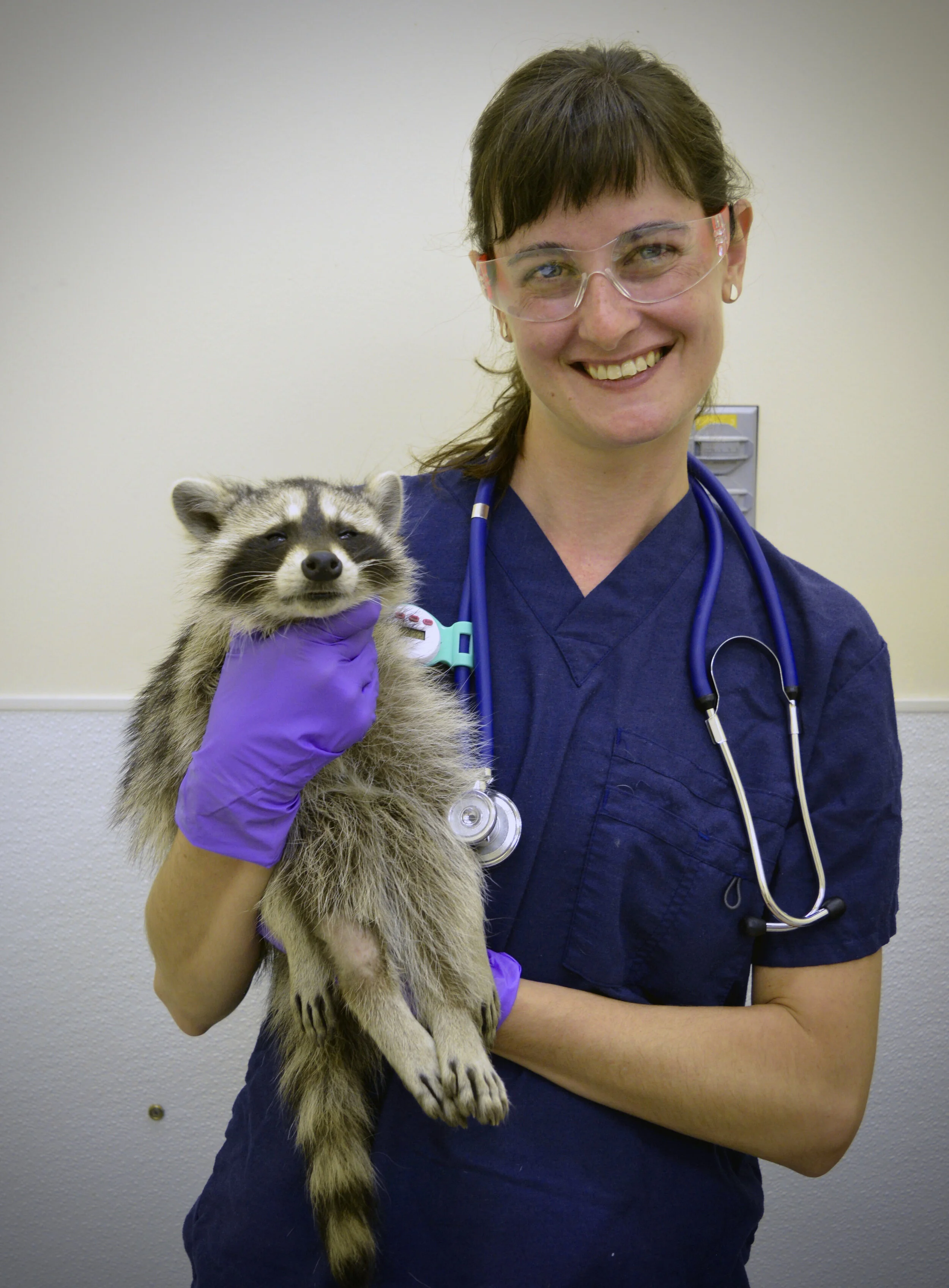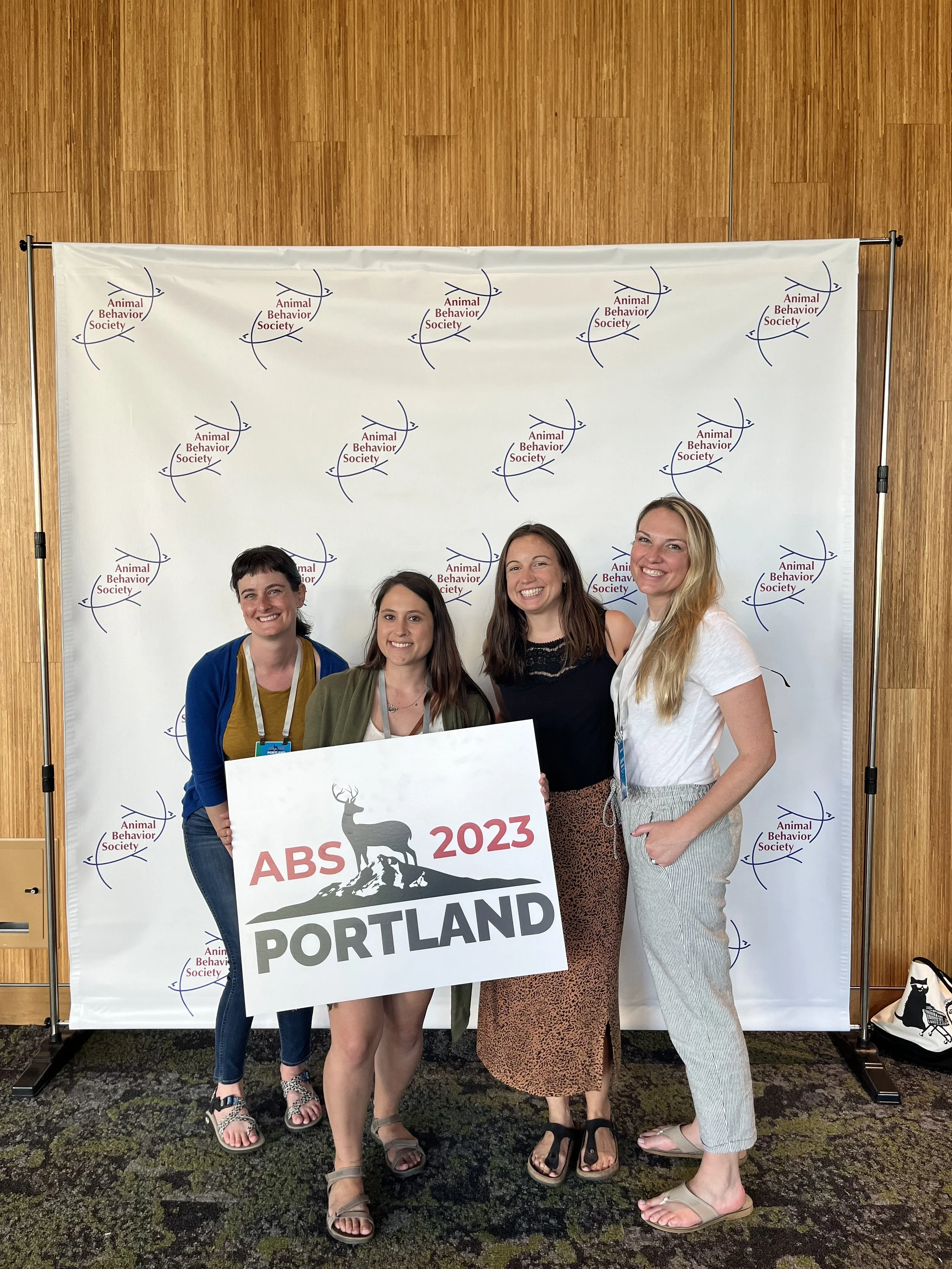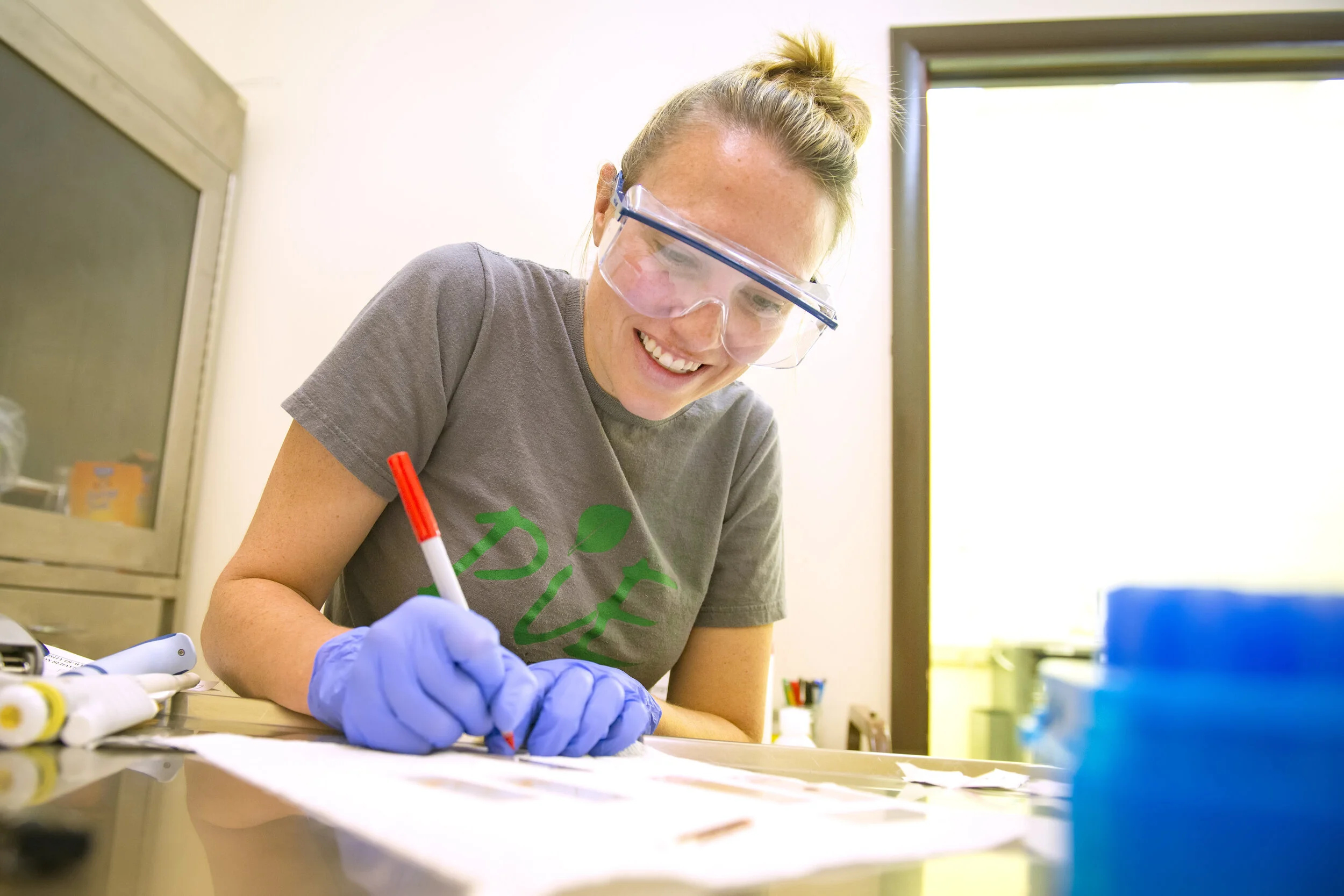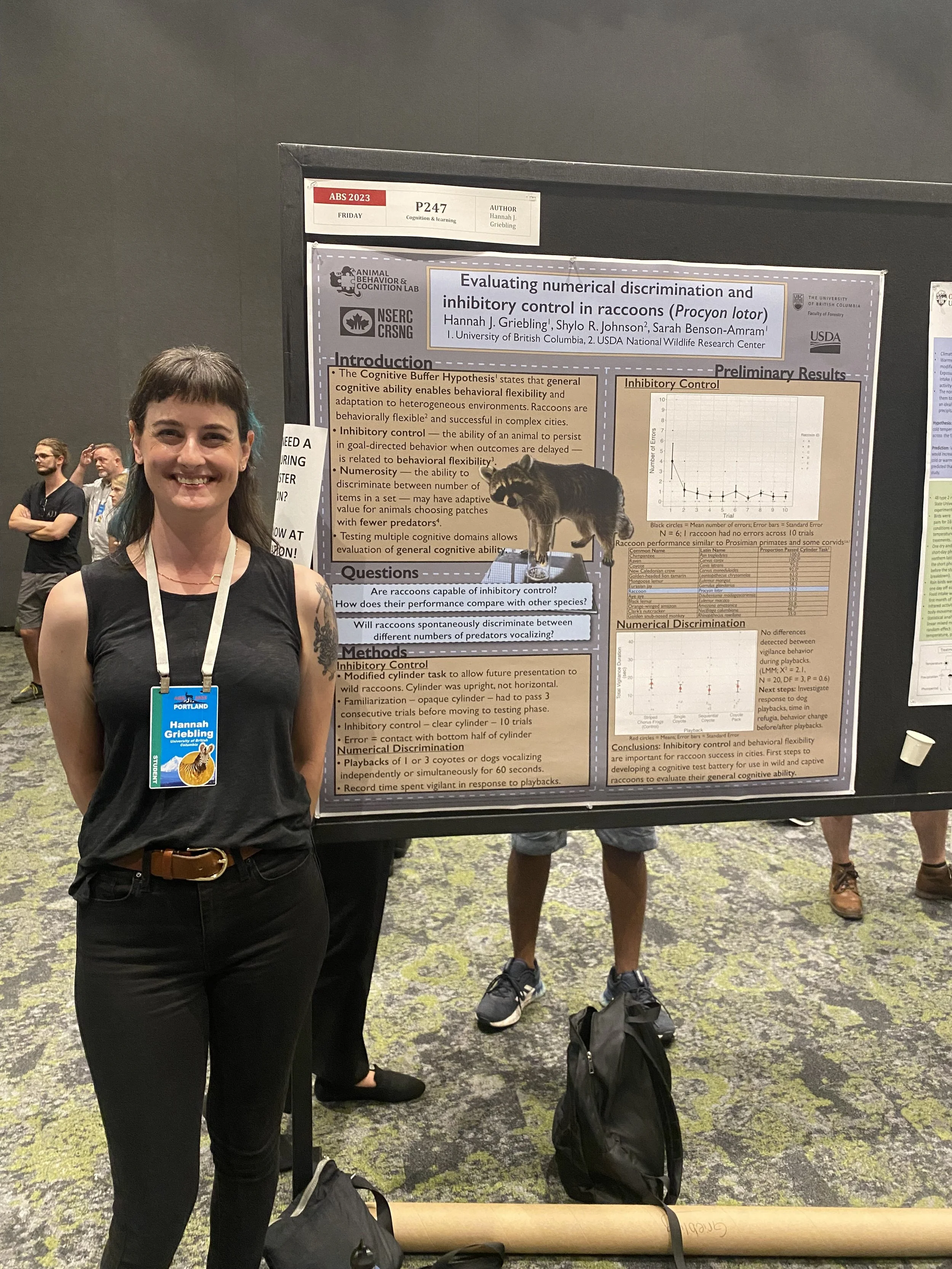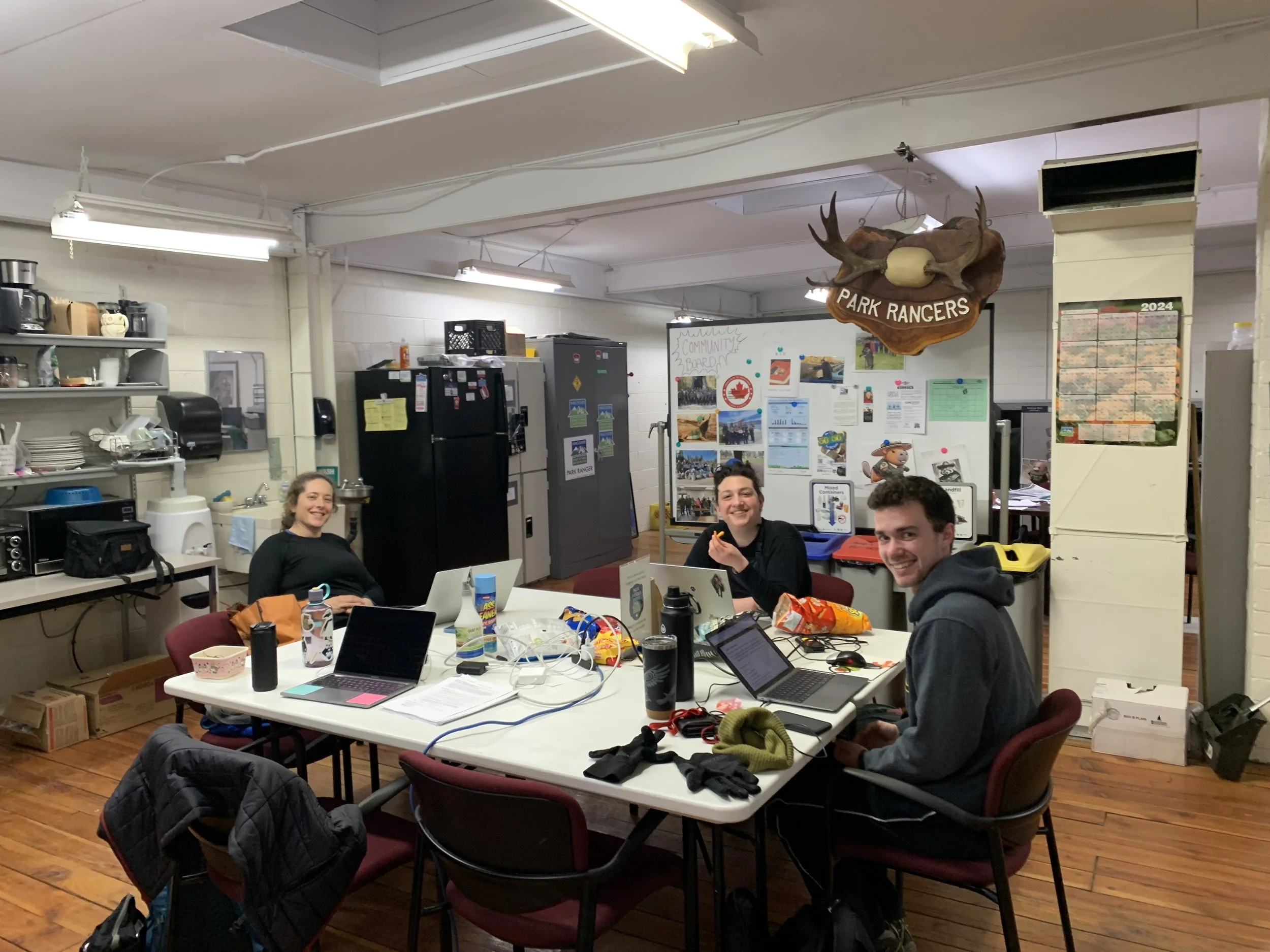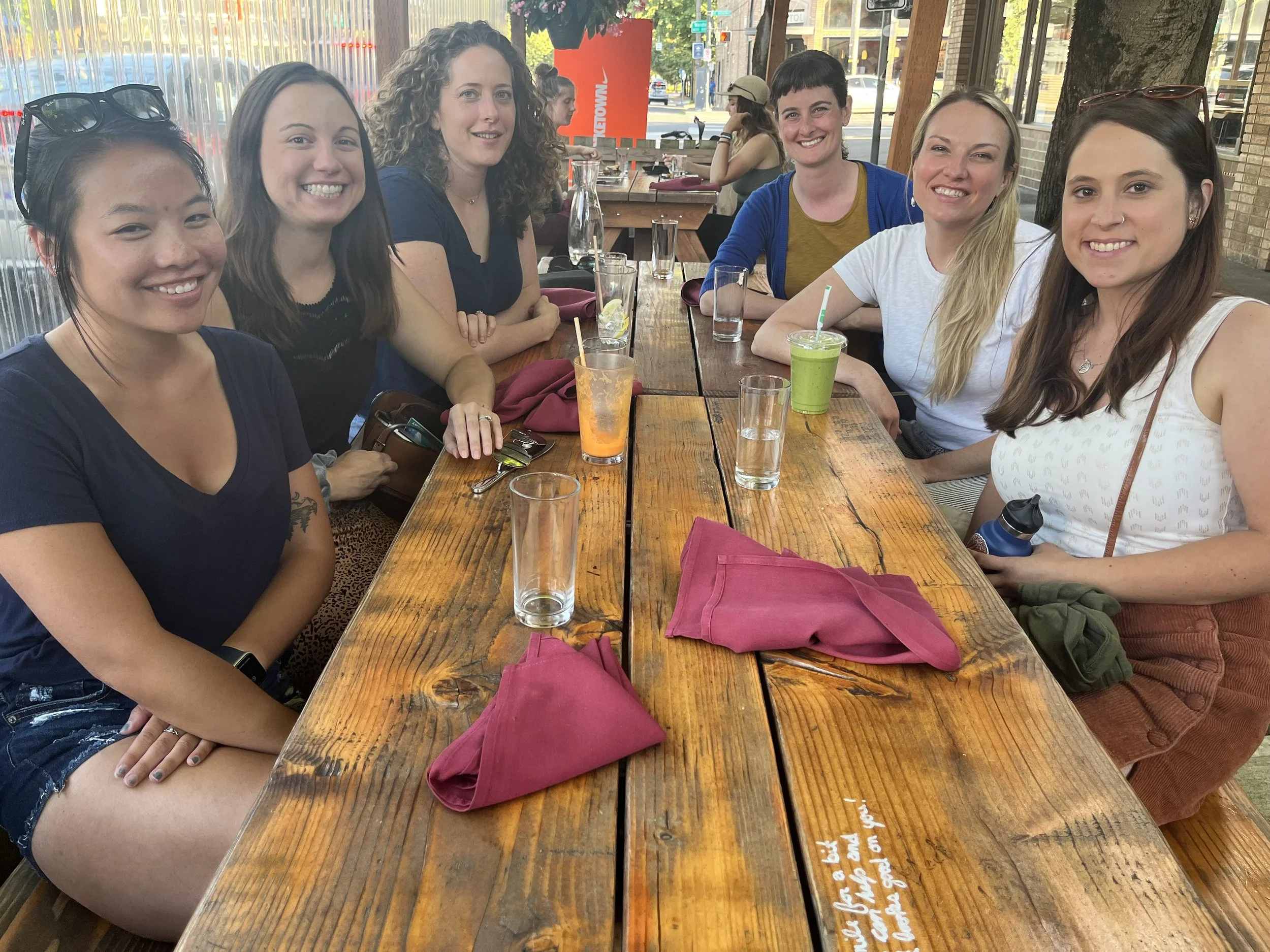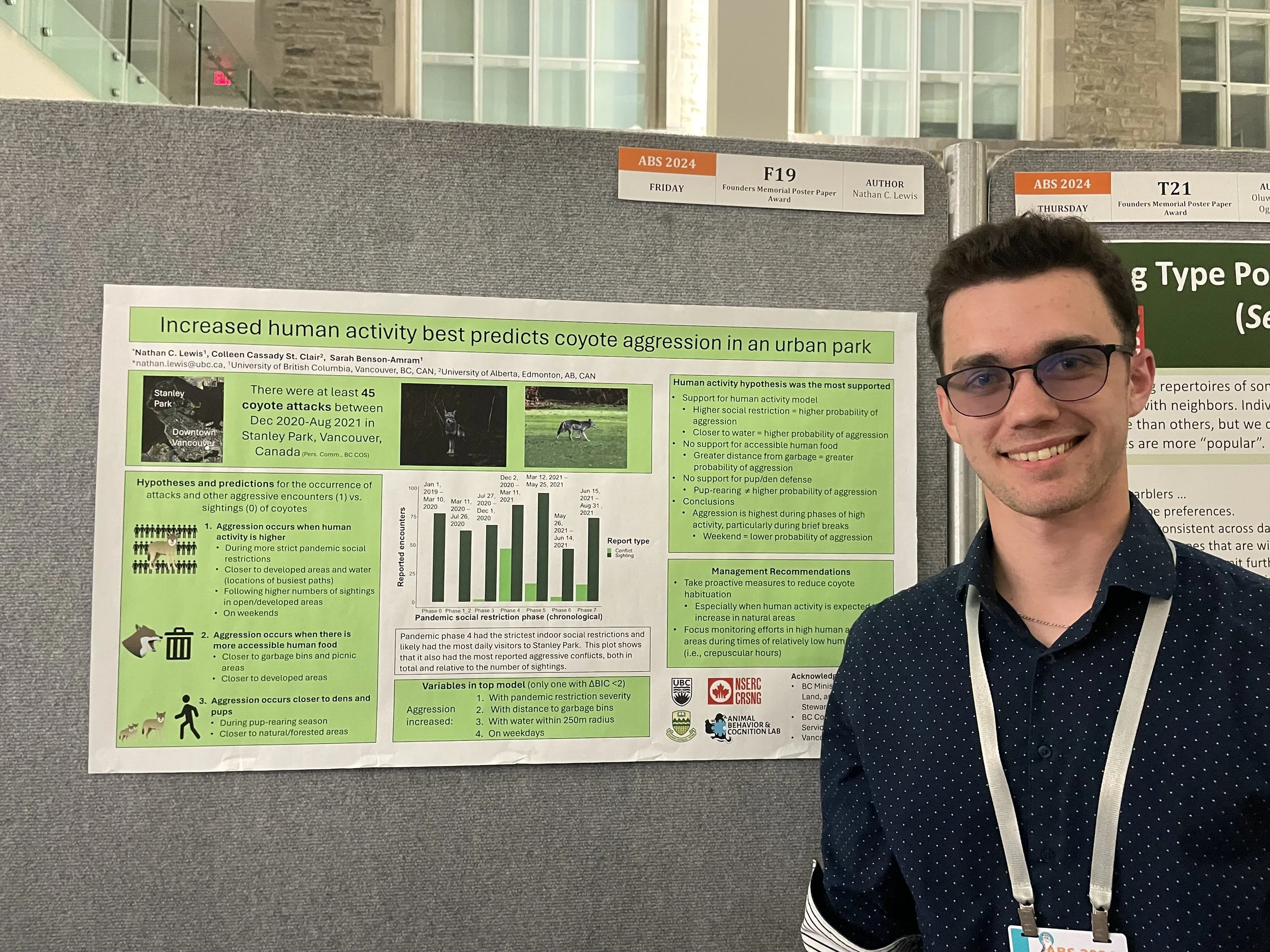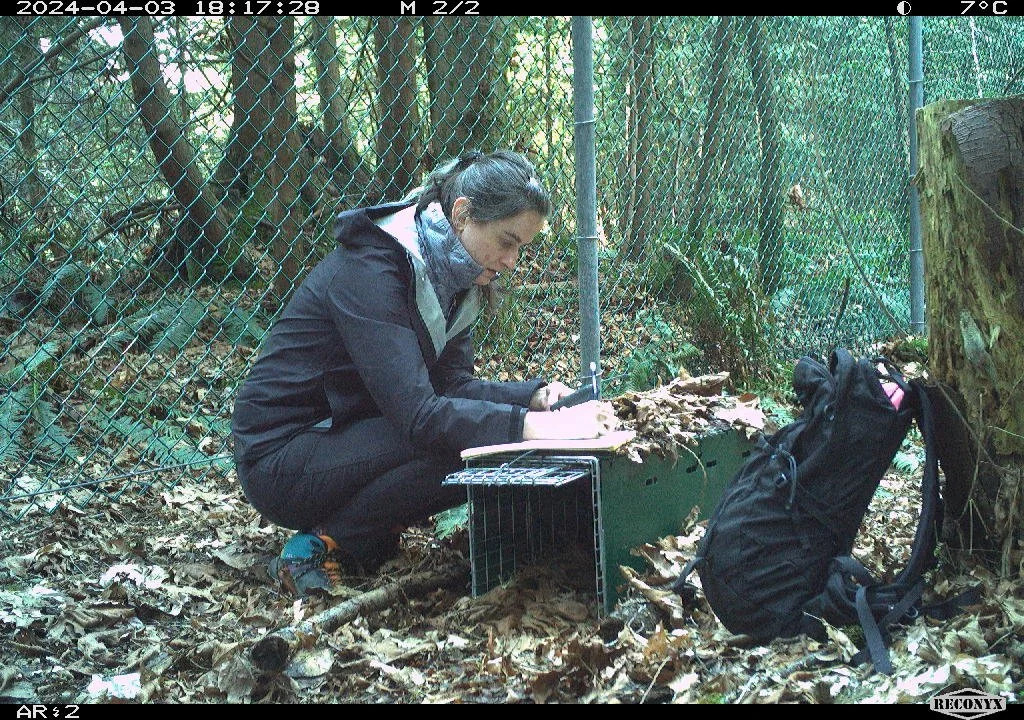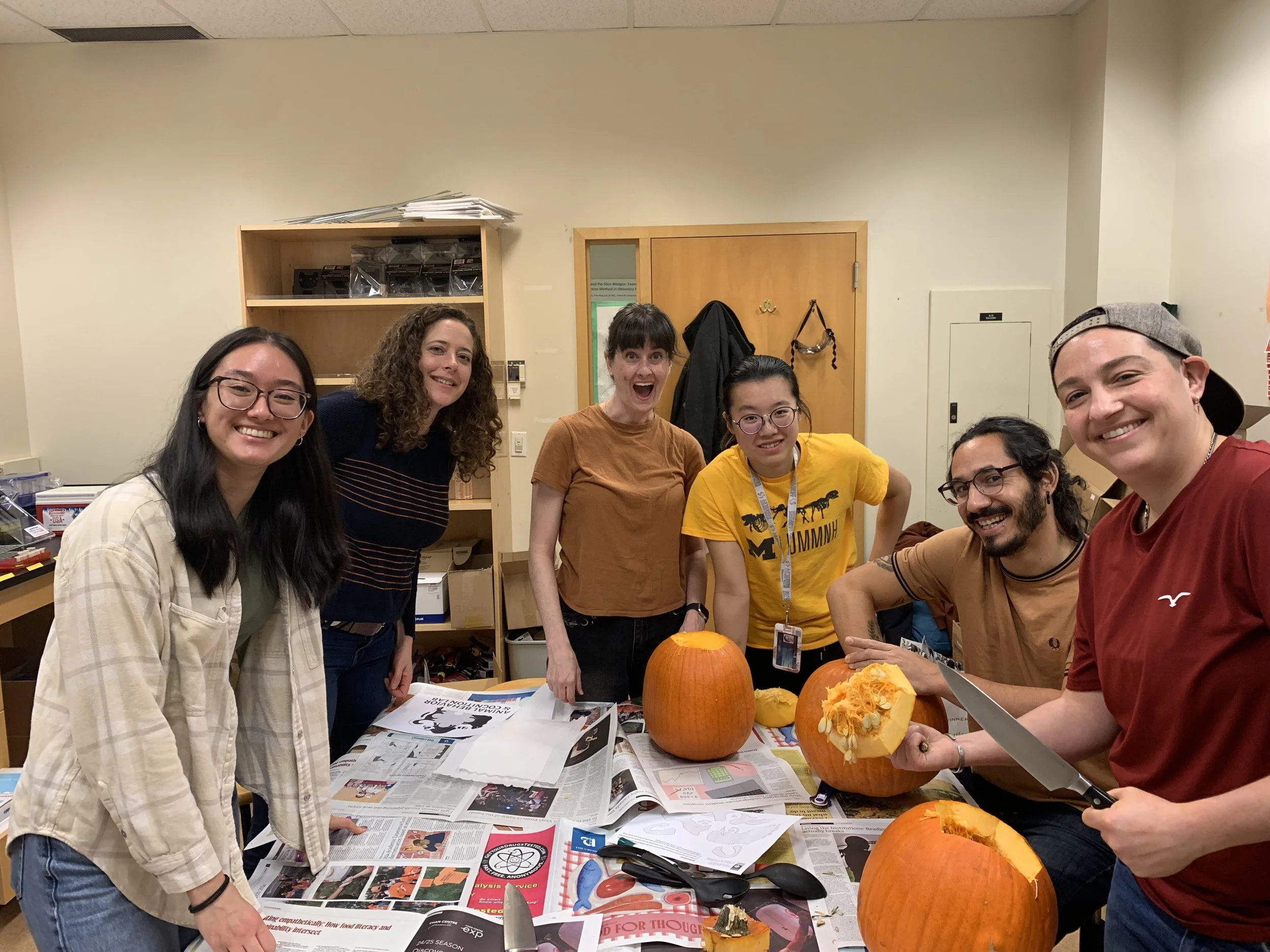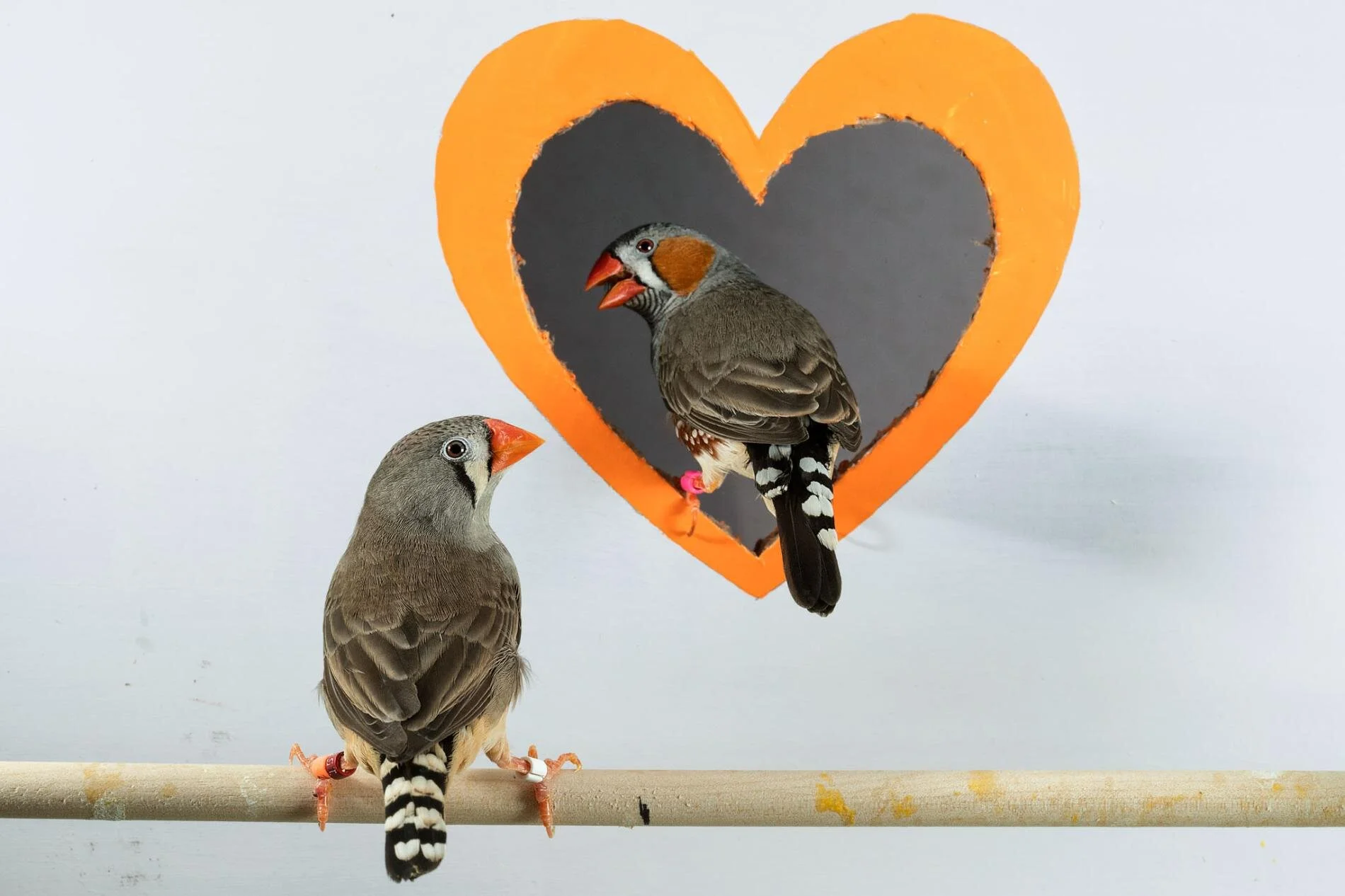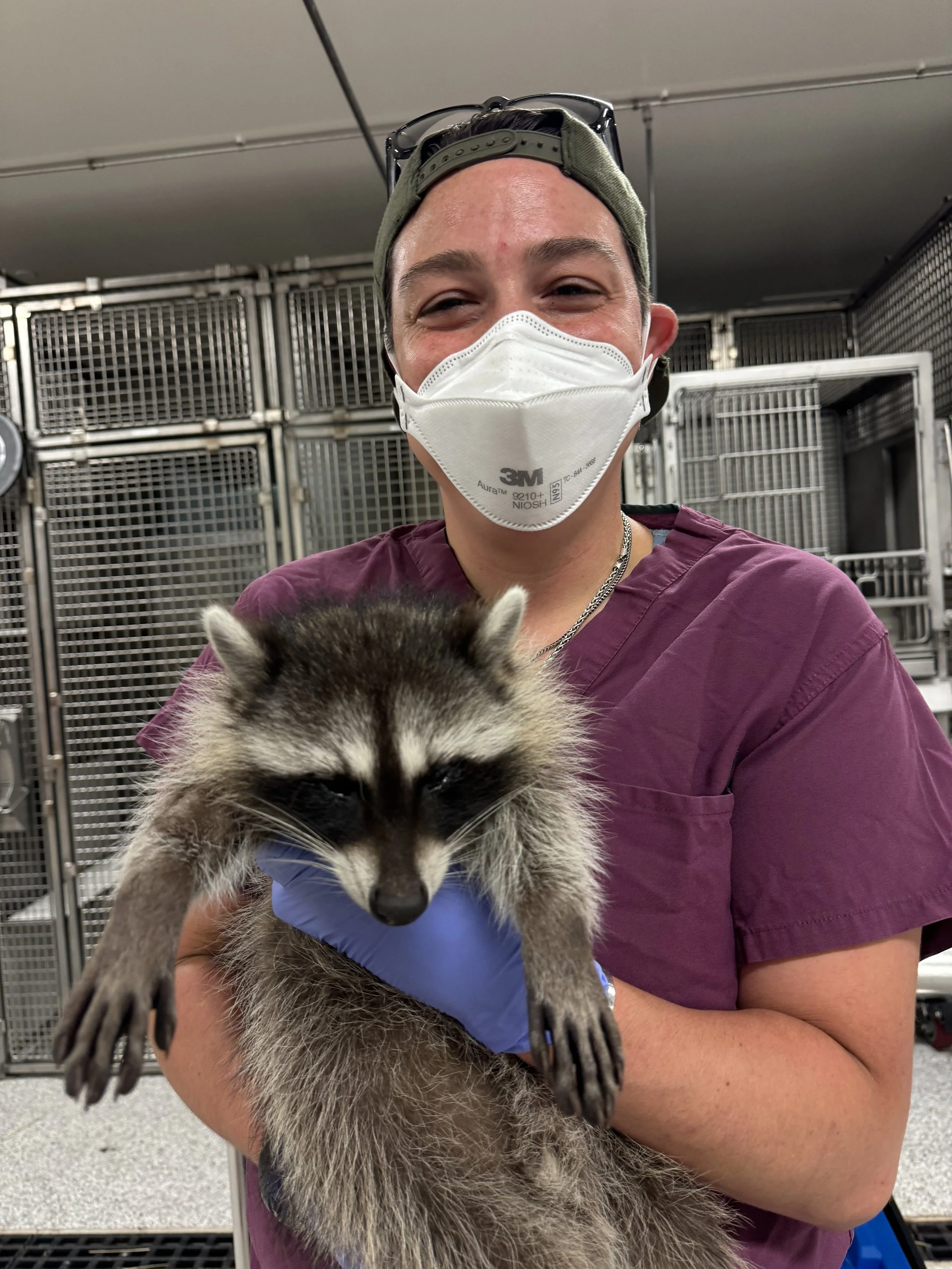Dr. Sarah Benson-Amram
Assistant Professor, Forest & Conservation Sciences, Zoology
University of British Columbia
I am a behavioral and cognitive ecologist with a focus on urban wildlife. Throughout my career, I have used mammalian carnivores as a model system to test leading hypotheses to explain the evolution of intelligence and to elucidate the neurobiological mechanisms underlying key cognitive abilities.
Currently, my students and I are investigating why some species are able to persist and even thrive in anthropogenic environments and what role cognition may play in their ability to do so. Our current focus is on urban carnivores, specifically raccoons, skunks, and coyotes.
